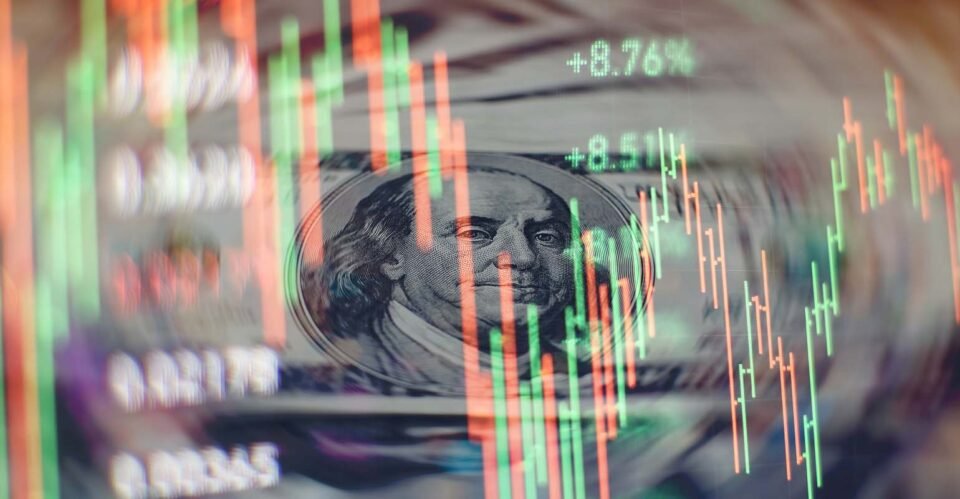Evergreen funds now account for $350 billion in global assets, representing a small but growing piece of the overall private investment landscape, according to recent estimates from Preqin, a research firm specializing in private investments.
Domestically, evergreen vehicles include interval funds, business development companies (BDCs), tender offer funds and non-traded REITs. Internationally, they are joined by European long-term investment funds (ELTIFs) and long-term asset funds (LTAFs) in the U.K. Overall, Preqin counts 520 such funds globally, double the number from five years ago.
“The six structures we have targeted initially are not a finite list, but they are some of the most prevalent in the market for the U.S.-based ones,” according to a Preqin spokesperson. “For LTAF, it is a very new structure within the U.K., so we wanted to make sure we were tracking it from the start. ELTIFs are in the process of having an updated regulatory framework pushed through with ESMA, which will further increase the availability of the structure to private wealth and retail clients. There are additional structures we will be looking to incorporate in the future, mainly Europe initially.”
Some of the factors driving the use of these structures include lower minimum investment sizes compared to traditional private funds, immediate capital deployment, no capital calls, limited liquidity and 1099 tax reporting rather than K-1s. Evergreen funds are also open to accredited investors, and some are open to retail investors compared with other private structures that are only accessible to qualified purchasers and institutions.
“I think more and more advisors are coming around to using these products,” said Luke Schmidt, a senior financial analyst with Blue Vault Partners, a firm that focuses on covering evergreen funds. “A few years ago, when the focus was on non-traded REITs, some advisors got burned. So, they have been hesitant to get back in. But the structures of these have changed. Fees have come down dramatically. NAVs are more frequent. Distributions are strong. So, we’re seeing more advisors dip their toes back into this.”
Schmidt pointed to BDCs and interval funds being particularly popular because many focus on private credit, a segment that is delivering healthy returns.
“Retirees in America are at a disadvantage,” said Kim Flynn, managing director, alternative investments at XA Investments LLC. “They used to have the benefit of actively-managed institutional quality portfolios overseen by the best pension managers in the world. Now it’s shifted to each individual retiree. If that’s my burden and access to a diversified mix of investments is not just a matter of taking on more risk. It’s a matter of building an equivalent portfolio to what I would have had before.”

